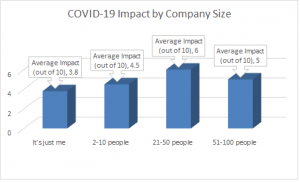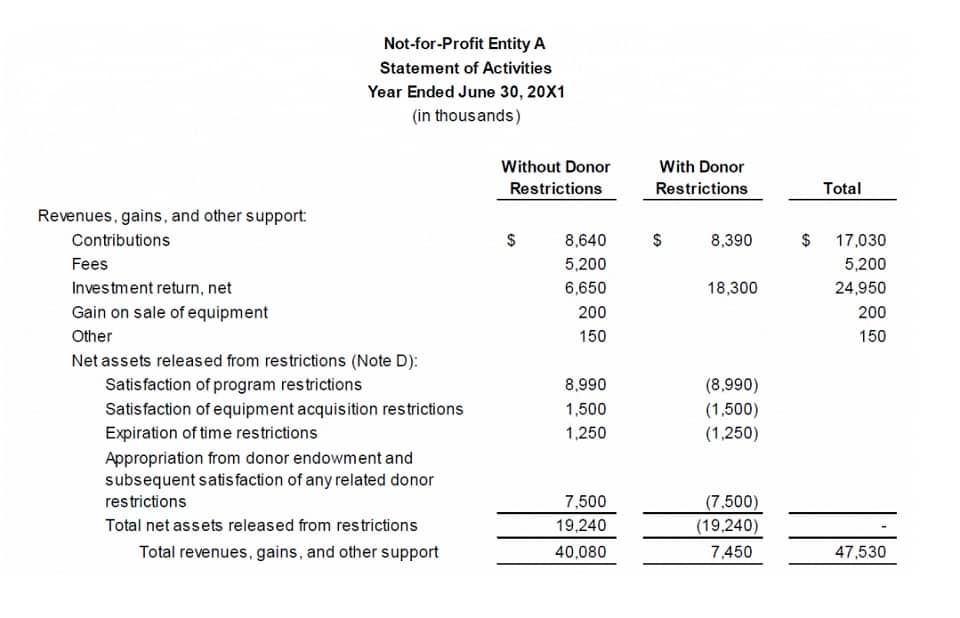
To ensure accurate financial statements and smooth operations, it is necessary to perform regular bookkeeping activities such as reconciling bank accounts and managing inventory as a sole trader. This produces reliable information about your company’s performance on which you can base important sole trader bookkeeping decisions. Sole traders may find it beneficial to seek professional help when it comes to managing their finances. An experienced accountant or bookkeeper can assist with setting up effective bookkeeping systems, provide guidance on tax obligations and assist with filing tax returns on time.
Why Parental Leave Isn’t the Issue for Young Professionals
At public or private limited companies, income tax is automatically deducted from an employee’s paycheque. A sole trader must fill out and submit a self-assessment tax return at the end of https://www.bookstime.com/ every tax year. If you have not done this before, you will need to register for a self-assessment tax return on the government website at least 20 business days before your tax deadlines.
More on bookkeeping if you’re a sole trader
Bookkeeping requirements are much lower than that at a private or public limited company, so there is no need to overcompensate. Sole trader businesses are required to maintain good bookkeeping records. Self-employment means submitting self-assessments, and you need good records to do that accurately.
Some Businesses Won’t Survive This Christmas Under New Omicron Restrictions
To ensure that your financial records are not only accurate but also fully compliant with the law here is an extract of the essential legal requirements you need to adhere to. There are various cash flow management tools and software available that can help you streamline your cash flow processes. These tools can automate tasks such as invoicing, payment reminders, and expense tracking, making it easier for you to manage your cash flow effectively. The advantage of going with something like Xero or Quickbooks is that you’ll never be short of people who know how to use it. Some banks like Natwest also support small businesses by giving free access to FreeAgent.
- Making Tax Digital (MTD) is a government initiative that requires businesses to keep digital records and submit their VAT returns online.
- Double check expenses and income are coded to appropriate reporting classifications for all transactions over the year.
- Bookkeeping allows you to maintain all the necessary records and documentation required for tax purposes.
- In addition to HMRC, other regulatory bodies may require you to retain your financial records for a certain period.
- Tracking all business expenses diligently can lower taxable profits considerably.
- This makes it faster for your accountant to reconcile your financial records and process your self-assessment tax return and calculate any tax liabilities or refunds.
- Your clients save time and you get the financial security of knowing exactly when payments land in your account.
- As a sole trader, you are responsible for managing your business’s finances, including keeping track of your income and expenses, invoicing clients, and paying taxes.
- Sole traders should seek a bookkeeping system that is good with monthly records.
- Maintaining accurate records is crucial for several reasons, including avoiding human error and fulfilling legal requirements for record retention.
- Keeping accurate business records is important because it helps to track business performance which can in turn aid decision-making on where to invest your time and money.
By creating and maintaining accurate financial statements, you’ll have a clear understanding of your business’s financial position, allowing you to make informed decisions and plan for the future. Ensuring and maintaining accurate bookkeeping for sole traders has never been easier than Quickbooks. Our accessible and versatile accounting software for sole traders has been used by millions around the world to boost tax compliance. Professional bookkeeping can help save time by taking the pain of maintaining your own records away, allowing you to focus on building your business and achieving the right work/life balance. It will also help you understand your business finances, monitor your cash balances, plan for future tax liabilities and pinpoint trends to help support important business decisions.
- Double-entry bookkeeping systems cater to businesses engaging in multifaceted transactions on a regular basis.
- As a result, you may miss out on potential tax deductions and overstate your profits.
- A sole trader also must register for VAT if they have a turnover above £85,000 or want to reclaim VAT on sales made to VAT-registered businesses.
- This means you can manage your bookkeeping tasks on the go and collaborate with other stakeholders, such as your accountant or business partner.
- A positive result of an audit can be a boost to the confidence in your business’ financial position; however, there is no guarantee that an auditor will not find errors or omissions in records.
Some deductible expenses include operating costs, supplies, accounting fees, advertising, machinery, and depreciation. Tracking all business expenses diligently can lower taxable profits considerably. Failing to report income or claiming ineligible costs can result in tax evasion charges under the law. Retain all profits – The sole trader retains all net business income and does not share profits with others besides paying taxes. Using proper bookkeeping practises right from day one can help sole traders to achieve financial stability and business success.


آخرین دیدگاهها